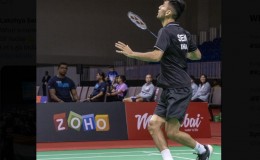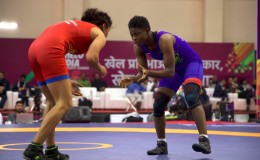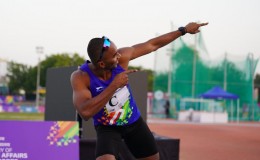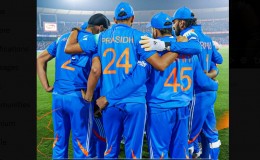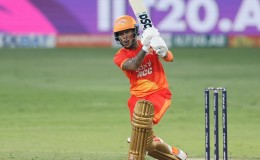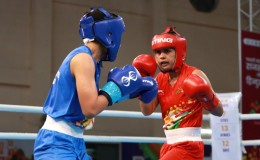Australia’s High Commissioner to India, Patrick Suckling, today released the report The Power of Play about the transformative impact of sport for development on the lives of young people in India.
The report was launched at a CSR in sport conference co-hosted by the FICCI-Aditya Birla CSR Centre for Excellence and the Australian Sports Commission. FICCI’s Secretary General, Dr A. Didar Singh, and Mr Onkar Kedia, Joint Secretary, Ministry of Youth Affairs and Sport, were also present for the launch.
“There is an unspoken bond between Australia and India, and it is sport. The benefits of sport are many, from physical and mental health to development of teamwork and leadership abilities to building confidence. On a larger scale, sport can help with social inclusion and harmony and can promote equal opportunities, for women and girls, and people with disabilities” said Mr Suckling.
“The Power of Play report reinforces existing work on the success of sport in contributing to development, and, in this context, the importance of high levels of community participation in sport as a part of any country’s healthy development. The report makes a case for further participation in sport by all young people in India,” he added.
Commissioned by the Australian Sports Outreach Program (ASOP) India and researched by leading Indian philanthropic NGO, DASRA, The Power of Play suggests the potential of sport to address a wide range of development issues is beginning to be realised in India.
“Sport has the potential to be so much more than just play and games – Indian not-for-profit organisations such as Magic Bus, Naz Foundation and Special Olympics Bharat have proven that well-designed and monitored sport programs can achieve diverse development outcomes,” said Matthew Spacie, MBE, Board Member, DASRA.
“Philanthropists and funders must approach sport as a unique, cost-effective tool that promotes healthy behavior, encourages education, fosters gender equity, enhances inclusion and fuels economic development,” he added.
The Power of Play recommends the integration of sport in India’s development agenda, development of proficient ‘best practice’ programs, and effective program delivery leading to program sustainability.
The report findings are based on a review of 70 non-profit organisations running sport for development programs in India. It highlights the work of a range of organisations including Magic Bus, The Naz Foundation, Rashtriya Life Saving Society India, Special Olympics Bharat, International Council for Research on Women and Dream A Dream.

